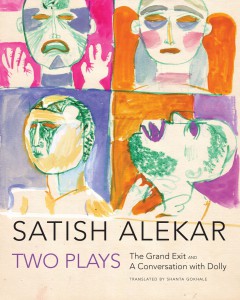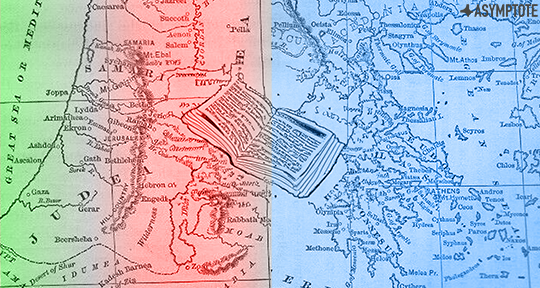This week, our editors take us to Greece and France, where they find exciting projects at the National Library, urgent new poetry in translation, and theater adaptations. From the Afro Greek experience to new takes on the work of Annie Ernaux, read on to find out more!
Christina Chatzitheodorou, Editor-at-Large, reporting on Greece
The National Library of Greece (NLG) is currently displaying the fruits of their project “We, the Afro-Greeks: black literature as a cultural bridge.” Until the end of April, the Library will be displaying new books by authors of African origin that focus on themes of immigration and racism—additions enabled by this project. This comes after a few initiatives by and for Afro-Greeks that engage with the lived experience of Black people in Greece. The term “Afro-Greek” itself, as Adéọlá Naomi Adérè̩mí explains, is relatively new: “We started using it around 2015 to 2017 as a term to express the experience of being Black and raised or born in Greece, of having our formative years in Greece and identifying as Greek citizens legally and culturally. We are Greek and African.” READ MORE…





